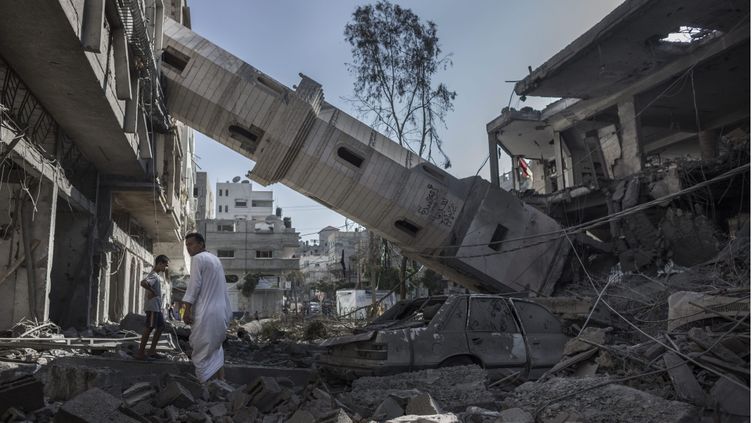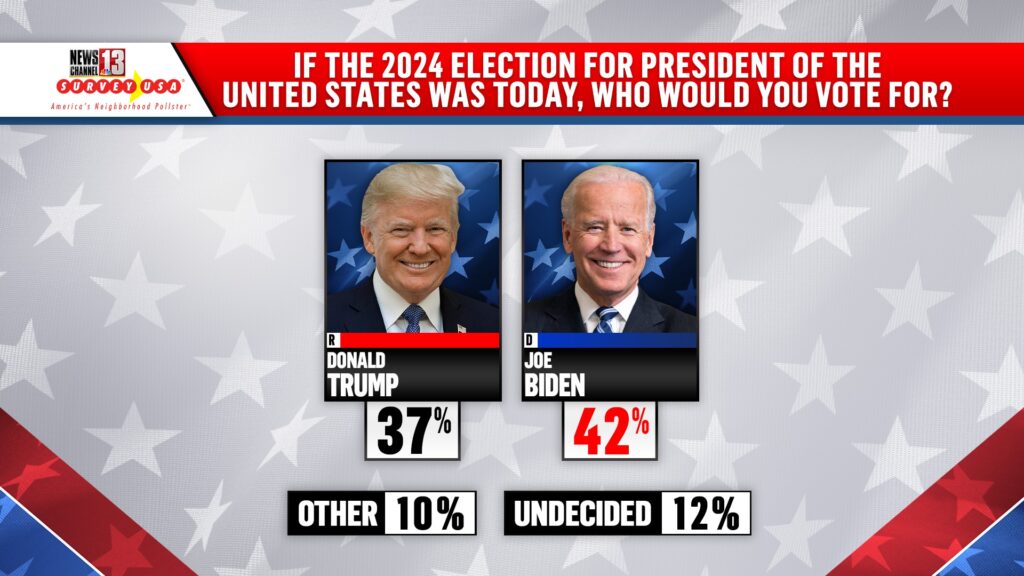The Mental Health Crisis In Ghana: Insufficient Psychiatrists And The Way Forward

Table of Contents
The Stark Reality: A Critical Shortage of Psychiatrists in Ghana
The current ratio of psychiatrists to population in Ghana is alarmingly low. While the World Health Organization (WHO) recommends a minimum of one psychiatrist per 10,000 people, Ghana falls far short of this benchmark. Precise figures vary depending on the source, but estimates consistently reveal a critical shortage. This deficit translates directly into limited access to essential mental healthcare services for millions of Ghanaians.
-
Specific numbers illustrating the psychiatrist shortage: Reliable data on the exact number of psychiatrists in Ghana is limited, but reports suggest a ratio far below the WHO recommendation, potentially less than one psychiatrist per 100,000 people. This stark reality means long wait times and limited availability of specialized care.
-
Geographic disparities in access to psychiatrists (rural vs. urban): The disparity in access to mental health services is particularly acute in rural areas. The majority of psychiatrists are concentrated in urban centers, leaving rural communities with virtually no access to specialized care. This exacerbates existing inequalities in healthcare access.
-
Impact of the shortage on waiting times for appointments and treatment: The shortage leads to excessively long waiting times for appointments, often delaying crucial interventions and worsening the severity of mental illnesses. Many individuals facing a mental health crisis are unable to access timely treatment due to this shortage.
Consequences of the Psychiatrist Shortage:
The consequences of this psychiatrist shortage extend far beyond individual suffering. The lack of access to care contributes to:
-
Increased stigma surrounding mental illness: The inability to access timely and effective treatment fuels misconceptions and stigma surrounding mental illness, preventing many from seeking help.
-
Higher rates of untreated mental illness: Untreated mental illnesses often worsen, leading to increased disability, reduced quality of life, and, in some cases, suicide.
-
Strain on existing healthcare infrastructure and other healthcare professionals: General practitioners and other healthcare professionals are often burdened with managing mental health cases for which they lack specialized training.
-
Economic burden on families and the nation as a whole: Untreated mental illness results in lost productivity, increased healthcare costs, and a significant economic burden on families and the nation.
The Impact on Vulnerable Populations
The mental health crisis in Ghana disproportionately affects vulnerable populations, including women, children, individuals in poverty, and marginalized communities. These groups often face additional barriers to accessing mental healthcare, including:
-
Specific examples: Women experiencing postpartum depression may lack access to appropriate support, children with mental health challenges may go undiagnosed and untreated, and individuals living in poverty may face financial barriers to accessing care.
-
Challenges in reaching these communities: Geographic isolation, lack of transportation, cultural barriers, and fear of stigma all contribute to difficulties in reaching vulnerable populations with mental health services.
-
Unique mental health needs: Each vulnerable group has unique mental health needs that require targeted interventions and culturally sensitive care.
Potential Solutions and the Way Forward: Strengthening Ghana's Mental Healthcare System
Addressing the mental health crisis in Ghana requires a multi-faceted approach encompassing both short-term and long-term strategies.
-
Increased investment in training and education: Ghana needs significant investment in training and education programs to increase the number of psychiatrists and other mental health professionals. This includes expanding training opportunities for medical students and offering scholarships and incentives to attract individuals to the field.
-
Incentivizing psychiatrists to work in underserved areas: Financial incentives, loan forgiveness programs, and improved working conditions can encourage psychiatrists to work in rural and underserved areas, ensuring equitable access to care.
-
Integration of mental health services into primary healthcare: Integrating mental health services into primary healthcare can improve access to early intervention and reduce stigma. Training primary healthcare providers in basic mental health assessment and referral is crucial.
-
Utilizing technology (telehealth): Telehealth can expand access to mental healthcare, particularly in remote areas, by enabling virtual consultations and therapy sessions.
-
Raising public awareness and reducing stigma: Public health campaigns can help raise public awareness about mental health issues, reduce stigma, and encourage help-seeking behavior.
-
Collaboration with NGOs and international organizations: Partnerships with NGOs and international organizations can provide crucial funding, technical expertise, and support in strengthening Ghana’s mental healthcare system.
Advocacy and Policy Changes: The Role of Stakeholders
Addressing the mental health crisis in Ghana requires a concerted effort from various stakeholders, including government agencies, advocacy groups, and communities.
-
Specific policy recommendations: The government should prioritize increased funding for mental health, develop a comprehensive national mental health strategy, and implement policies to improve access to care.
-
Role of advocacy groups: Advocacy groups play a critical role in raising awareness, lobbying for policy changes, and providing support to individuals and families affected by mental illness.
-
Importance of community-based mental health programs: Community-based programs can provide culturally appropriate mental health services, reduce stigma, and promote recovery.
Conclusion
The mental health crisis in Ghana, fueled by a critical shortage of psychiatrists, demands immediate and comprehensive action. Addressing this issue requires a multi-pronged approach involving increased investment in training, improved access to care, effective policy changes, and a concerted effort to reduce stigma. By implementing the strategies outlined above, Ghana can move towards building a more robust and accessible mental healthcare system, ensuring that all its citizens have access to the support they need to thrive. Let's work together to overcome this mental health crisis in Ghana and build a healthier future for all.

Featured Posts
-
 Preoccupations De Macron Militarisation De L Aide Humanitaire A Gaza Par Israel
May 03, 2025
Preoccupations De Macron Militarisation De L Aide Humanitaire A Gaza Par Israel
May 03, 2025 -
 Glastonbury 2025 Resale Tickets Your Last Chance
May 03, 2025
Glastonbury 2025 Resale Tickets Your Last Chance
May 03, 2025 -
 Orta Afrika Cumhuriyeti Ile Bae Arasinda Tarihi Ticaret Anlasmasi Imzalandi
May 03, 2025
Orta Afrika Cumhuriyeti Ile Bae Arasinda Tarihi Ticaret Anlasmasi Imzalandi
May 03, 2025 -
 Evidence Of Toxic Workplace Culture Rupert Lowes Time As A Uk Mp
May 03, 2025
Evidence Of Toxic Workplace Culture Rupert Lowes Time As A Uk Mp
May 03, 2025 -
 Securing Election Results The Robustness Of The New Poll Data System
May 03, 2025
Securing Election Results The Robustness Of The New Poll Data System
May 03, 2025
